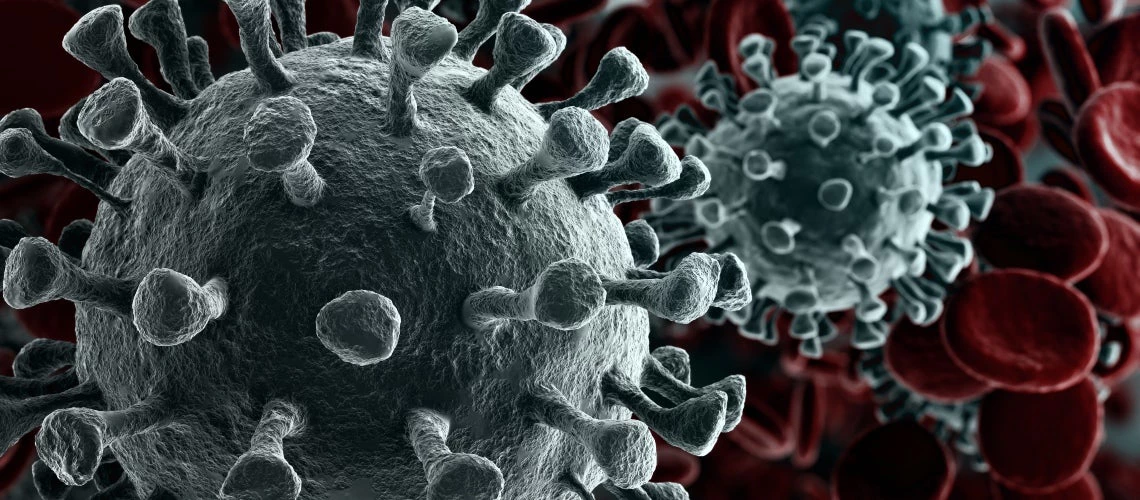 by Creativeneko
by Creativeneko
As the fight against COVID-19 continues, global health experts are also focusing on how countries can strengthen their resilience during the pandemic. The World Bank is working on rapid response operations and helping countries access critical medical equipment and supplies. Countries also have an opportunity to strengthen health financing and increase resilience, preserve hard-fought gains against malnutrition, and improve digital infrastructure to support new health technologies.
Broad, fast action to save lives and help countries rebuild | Blog
A new blog from Axel van Trotsenburg, the World Bank’s Managing Director of Operations, describes how the World Bank is focused on saving lives by helping client countries implement emergency health operations. This means strengthening health facilities, ensuring that enough frontline health workers are in place and well trained, and helping the necessary medical supplies and equipment get through despite the added pressures on supply chains and trade flows.
COVID-19 (coronavirus) and the future of health financing: from resilience to sustainability | Blog
It is crucial for countries confronting the coronavirus pandemic to adopt policies that increase resilience in health financing. By doing so, countries can also improve their capacity to fund long-term strategies on the road to universal health coverage (UHC). The goal should not be to return to the pre-crisis status. Countries can emerge from the COVID-19 crisis with health financing that is fit for the future.
COVID-19: How the World Bank is helping countries procure critical medical supplies | Blog
As the pandemic spreads, stocks of personal protective equipment and medical devices are depleting rapidly around the world. Manufacturers of medical supplies are increasing production, but demand is far outstripping supply. The World Bank is increasing support and offering a new procurement option to help countries access critically needed medical supplies.
Ensuring food security and nutrition in South Asia during COVID-19 | Blog
Many worry that the impacts of COVID-19 will reverse hard-fought gains to improve nutrition – and the overall health – of children and women throughout South Asia. The region still accounts for about 40 percent of the world’s stunted children, which means they are too short for their age, usually from malnutrition. Stunting affects brain development and has a lifelong impact.
COVID-19: We’re tracking digital responses worldwide. Here’s what we see | Blog
Digital technologies are instrumental in supporting health care systems, not only though telemedicine and COVID screening apps, but also through Big Data and artificial intelligence analytics for mobility patterns, epidemiological models, and contact tracing. The World Bank has identified more than 300 global initiatives in which COVID-19 responses involve digital ICT infrastructure and services for health, education and payments.


Join the Conversation